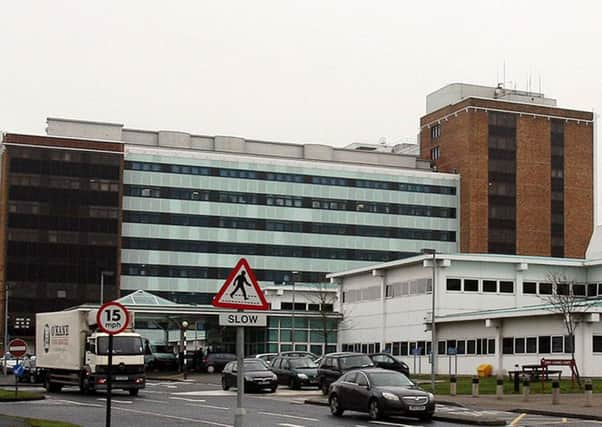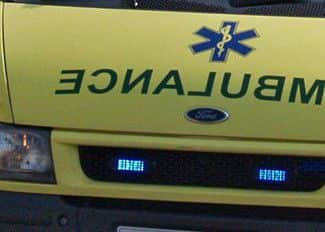Western Trust moves to slash private ambulance usage


Explaining the measures that have been taken, a Trust spokeswoman said this has involved educating managers in patient flow as well as ward staff, enhancing their relationships with Northern Ireland Ambulance Service staff and the introduction of a new scrutiny process.
A spokeswoman for the Trust said: “With support from the Health and Social Care Board, NIAS has received additional winter funding to secure an additional discharge vehicle and a Hospital Ambulance Liaison Officer.
Advertisement
Hide AdAdvertisement
Hide Ad“Both resources will ensure that the capacity available is maximised on a daily basis.”


Documents obtained from the ‘Journal’ meanwhile show how efforts were implemented to try and bring the expenditure on private ambulances down.
One document states how, in October 2014, a pilot project was run to involving an additional public-sector Northern Ireland Ambulance Service “twin crewed intermediate care vehicle” for six weeks at Altnagelvin Hospital to try and reduce the cost of outsourcing ambulances.
The vehicle was costed at £10,000, resulting in a projected saving of £8,400. After four weeks of the project, almost £4,000 had been saved to the publicly-funded Trust.
Advertisement
Hide AdAdvertisement
Hide AdThe NI Ambulance Service gave the pilot the thumbs up and said that the “use of a second vehicle has assisted their pre-planning of journeys, therefore bringing increased efficiencies.”


The success of the pilot resulted in its extension, and by July 2015 the Ambulance Service were able to offer the ICV on a two-year, fixed term contract to take patients home after they are discharged from Altnagelvin Hospital. The cost of the ICV, which operates Monday to Friday 12 pm to 8pm when most patients are discharged, is £92,000 per year.
The document states: “Based on the actual performance of the NIAS ICV during the pilot we estimate the vehicle would continue to reduce private ambulance usage throughout the year by 60 per cent.
“In periods of low activity this could equate to two journeys per day, rising to eight in those periods of increased activity, such as winter pressures.”
Advertisement
Hide AdAdvertisement
Hide AdIn addition to the ICV a number of other initiatives were taken at Altnagelvin.
These included working with Altnagelvin’s Clinical Throughput Team and Ward Managers to place renewed rigour and scrutiny around the private ambulance booking process.
As part of this a ‘Clinical Throughout Team’ were installed as the single point of contact for liaising with the NI Ambulance Service “to maximise their daily capacity”.
Measures were also introduced to ensure all private ambulance requests were to be agreed by the service lead prior to booking.
Advertisement
Hide AdAdvertisement
Hide AdOn top of this, a private taxi and wheelchair taxi service was introduced for Altnagelvin’s Renal dialysis patients.
The tender process for a private transport services also formed part of these measures.